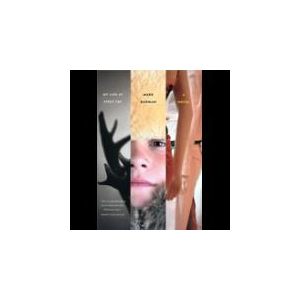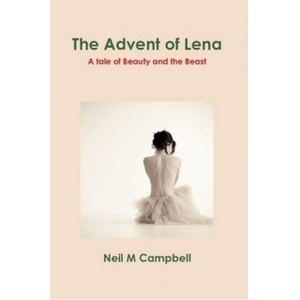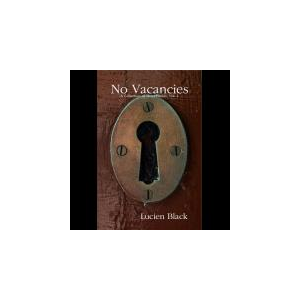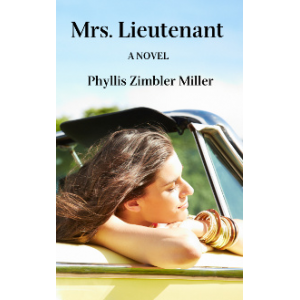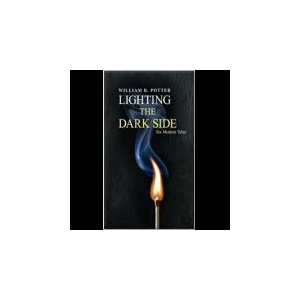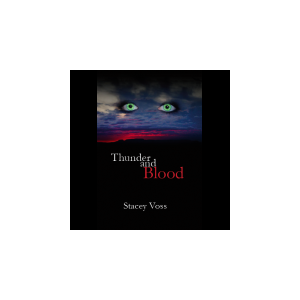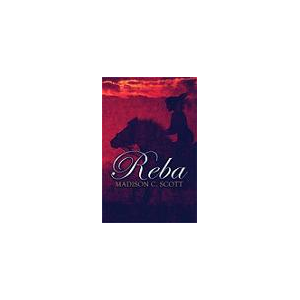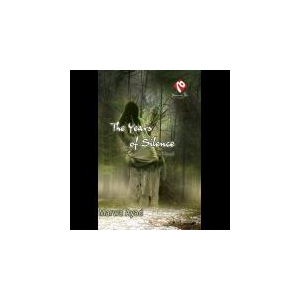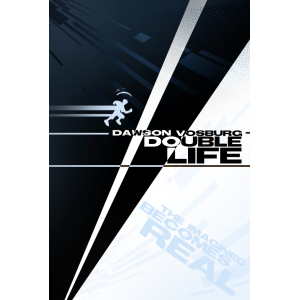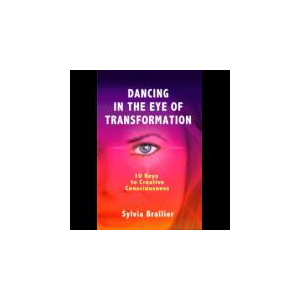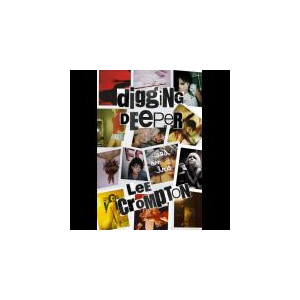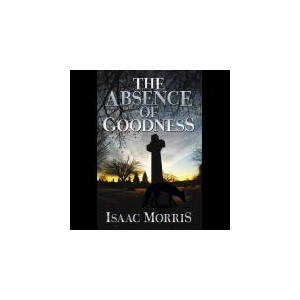In the ancient Middle East a pious, wealthy young widow risks her life to save her town from a besieging army. Based on the apocryphal Book of Judith, Judith is a 2015 finalist in the International Book Awards.
The Story Behind This Book
When I was a child, I read everything that had writing on it that would keep still long enough for me to read. Cereal boxes, the encyclopedia, anything. One rainy afternoon Idiscovered a book on the shelves my parents had built on either side of the fireplace. It was titled something like Women of the Bible, and it had my grandmother's childhood name on the flyleaf. I read it through. I cannot imagine the book made appropriate reading for a young child, but I read about those biblical women. Ruth, Esther, and women not in the Bible, though I did not know it then. Judith, whose story did not make the cut into the Bible. She is in the Apocrypha, as I later learned, deemed too fictional a tale for the official text, and not quite historically accurate enough for the bishops who sat in judgment in the fourth century after the Common Era. I am sure the content of Judith's story had nothing to do with their decision. But I didn't know any of that then, while I first read the book's summary of Judith's story or stared at the full color plate that accompanied it. I only knew I wanted to read more, wanted to know more about this heroine of her people. Unlike Ruth, who married her Boaz, I could not find Judith in the Bible my grandmother had given me. Fast forward several decades. While I was at work on my Ph.D., I taught a class on everything cultural from Shakespeare to the present. I was forbidden to skip anything. Because I did not and do not personally know everything about architecture, art, drama, or literature from then until now, I brought in guest lecturers at appropriate times. When I didn't know someone personally, I visited the Humanities Resource Center and dug up a CD instead. Which is how I encountered Sister Wendy Beckett's series on the great art of the centuries, where I met Artemisia Gentileschi's paintings of Judith. Which is how I got interested in her again. This time I did what I had not known how to do as a nine-year-old child. I sought our and read the apocryphal Book of Judith. Imagine my surprise that Judith did not appear until the twentieth page of the thirty-page story. Shouldn't the character whose name appears in the title appear in paragraph one? Shouldn't the reader have access to her thoughts and feelings from the first page of the story? But no, in the Apocrypha we have nothing of Judith until she appears on the last day of the siege, two-thirds through the tale that bears her name. She remains a cipher. We know nothing about her except that she is a young, beautiful widow. A devout widow, at that. In the first two-thirds of the Book of Judith, the reader learns more about the masculine side of the story than the feminine. We learn what the general is doing, how the magistrate is doing, plus how he feels about it. In a world where females exist only in their reaction to what the men are doing, the Book of Judith makes perfect sense. I thought Judith deserved her own story, where the character is more than a foil for the men. So I took the tools given to me by [writing teacher] Louise Haws and gave the full story back to Judith. Speaking of history, no author could have a better publisher than Peggy Elam. Before Judith even had a contract, on the day she accepted the manuscript, Peggy suggested I find out if we could use Artemisia's painting that had so inspired me. After negotiations the museum in Florence came up trumps, and that is the partial image you see gracing the front cover. I hope you enjoy reading Judith's story as much as I did writing it.

